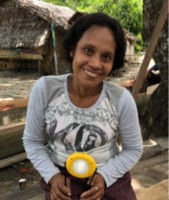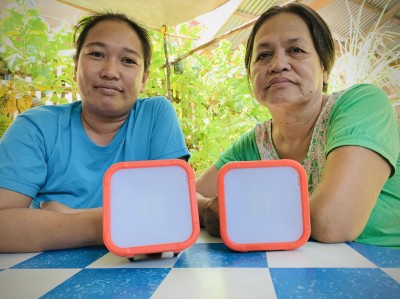
Objective of the project
Develop, professionnalize and consolidate the microfinance sector to the population
Project Manager
Partner
MCPI (Microfinance Council of the Philippines, Inc.)
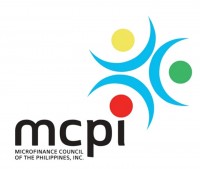
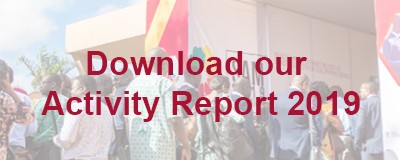
Expanding access to sustainable energy in the Philippines
ADA supports the Philippines sector. In particular, it has carried out a project aimed to improve access to sustainable energy products for vulnerable populations. These have helped reduce the environmental impact in both countries.
Enhancing the inclusive green finance capacities of the Microfinance Council of the Philippines (MCPI) network and its member MFIs
The so-called GIF (Green Inclusive Finance) project, carried out between 2017 and 2019, followed on from an initial project to develop access to sustainable energy (DevSEA) implemented by MCPI with the support of ADA between 2013 and 2016. To enhance the inclusive green finance capacities of the network and its member MFIs, ADA and MCPI received EUR 200,000 in financial support from the Luxembourgish Ministry of the Environment, Climate and Sustainable Development (MECDD) over 24 months.
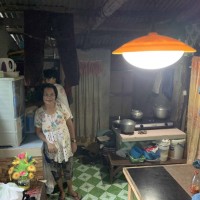
MFIs seeking to give vulnerable populations access to green energies
Access to energy represents a real turning point for micro-entrepreneurs. Over the last decade, many MFIs around the world have developed and offered "green energy financial products" to facilitate access to mini power grids (most of them solar-powered). From a microfinance perspective, green energy has the great advantage of being sustainable not only for the environment but also for clients who become independent from buying fuel for their homes or small businesses.
To cater to customers of its member MFIs in rural and urban areas with little or no access to the electricity grid, MCPI has launched a pilot project with five MFIs to improve access to affordable and renewable energy for these vulnerable populations in the Philippines. 20 of MCPI’s 51 MFIs had sufficient financial and human resources to develop green energy credits to meet the needs of their customers and took part in a training course on green finance products. Of these 20 MFIs, five received technical assistance to develop loans coupled with technical solutions to access renewable energies and improve energy efficiency.
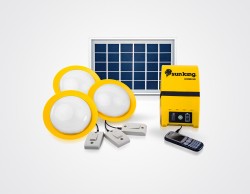
Sun King Home 60 solar light kit.
The three lamps can run for eight hours with no additional power.
A proven methodology for assessing energy needs
The methodology developed by MCPI identifies technical and financial solutions tailored to the profile and needs of MFI customers. Of the 5 MFIs selected for technical assistance, and following an assessment of customers’ energy needs, the one located in an urban area (K-Coop) began to develop eco-energy loans for the construction or modification of housing with a view to minimising energy consumption. The other four MFIs —JMH, USPD Savings and Credit Cooperative, CEVI and SEDP-Simbag—, located in rural areas, introduced loans for the purchase of solar equipment, including solar lamps, chargers and fans.
Products tested and accepted
The MFI pilot projects were a notable success, particularly for the four MFIs that introduced solar equipment. In total, 2,500 products were sold to 2,425 customers over the duration of the GIF project. Most of them took out an initial loan for solar lamps and then a second loan for fans.
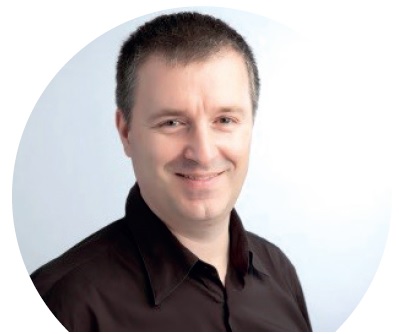
Bernard Georges, ADA project manager
“Thanks to a project carried out in collaboration with MCPI, an MFI network in the Philippines, ADA has developed financial products for families and micro-entrepreneurs that have had a positive impact on thousands of people. To give an example, many families living in rural areas and remote islands are increasingly affected by climate change. Violent tropical storms often cause severe damage to the electricity grid, and these communities and families remain isolated for weeks at a time. Now, thanks to the purchase of simple solar lamps through a microcredit, they can enjoy light, even if the grid is not restored immediately.
The same goes for small businesses. Among the clients of the MFIs with which ADA collaborates, there are many street vendors who are able to work even if it is dark and they do not have access to the normal network. They often buy the solar lamp which at the same time powers the radio on their mobile phone to put on music to attract more customers. These details may seem unimportant to us, but they can really determine the success of micro-entrepreneurs.
Subsequently, other MFIs proposed a financial product for the purchase of a solar oven to dry fish in a short period of time. This kind of action can have a huge impact on the life of the micro-enterprise owner and his family, but also on the whole community, which can have access to good quality food with high nutritional value throughout the year, at a fair price.
It wasn’t hard to convince the customers. They immediately embraced the product. On the one hand, to access electricity, which is also at a favourable price, and on the other, to save electricity.”
